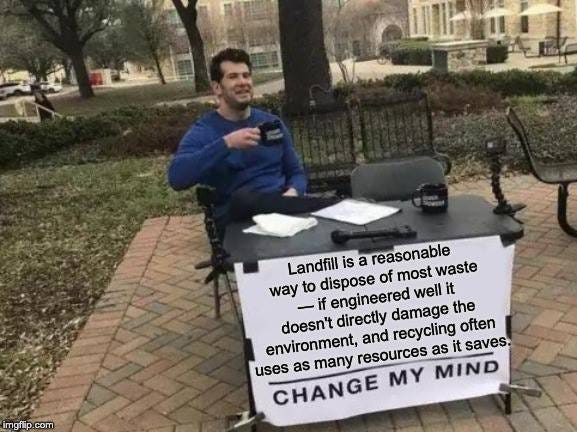But politicians and environmentalists have other ideas. They’re doubling down on their mistakes by banning more plastic products and demanding alternatives that are more expensive, less convenient, and worse for the environment. Even experts familiar with the facts succumb to magical thinking. Yes, they acknowledge, we shouldn’t be exporting our... See more

